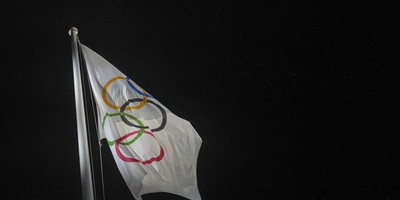Nicholas Kristof’s article admonishing the self-imposed marginalization of university faculty for seeking refuge from matters of public consequence was a shot that landed squarely in the ivory tower.
The academic pursuit of esoteric knowledge so obscure as to render most scholars incapable of informing policy-oriented discussions is a particular concern in the social and political sciences.
No more so is this the case than with the contemporary study of the Iranian regime and its longstanding political opposition.
The shrewd decision by many scholars to avoid challenging ill-conceived Iran policy reflects the decision to trade impact for safety – an ethical compromise to avoid a reputational challenge.
But surrendering to such fears defeats the purpose of academic freedom.
And abandoning efforts to inform the public discourse with sound analyses denies access to good ideas that might otherwise inform policy choices.
The current U.S. preference for a policy of engagement with Tehran ignores virtually everything we know about the Iranian regime’s negotiating behavior.
Tehran’s clever use of threat and accommodation to secure national interests should inform P5+1 nuclear discussions that have long since lost their way. And the prospect of regime change from within should be considered as an alternative to a pro-engagement policy championed by the regime’s Washington lobby.
Recommended
Scholars calling for added scrutiny of Tehran’s dismal human rights record – including the ongoing mistreatment of the primary Iranian opposition to clerical rule, the pro-democracy Mujahedin-e Khalq (MEK), who remain under fire in Iraq – should also be given a fair hearing.
As Washington looks for fresh ideas on Iran policy in the lead up to the next round of nuclear discussions in March, policymakers would be wise to examine some of the sharpest thinkers on Iran and adopt policy prescriptions informed by scholarly analyses.
The unfortunate decision to investigate banality may be the characteristic that distinguishes the contemporary ivory tower from the public forum.
But not every intellectual suffers from the affliction and some have ideas that could inform policy decisions.

























Join the conversation as a VIP Member